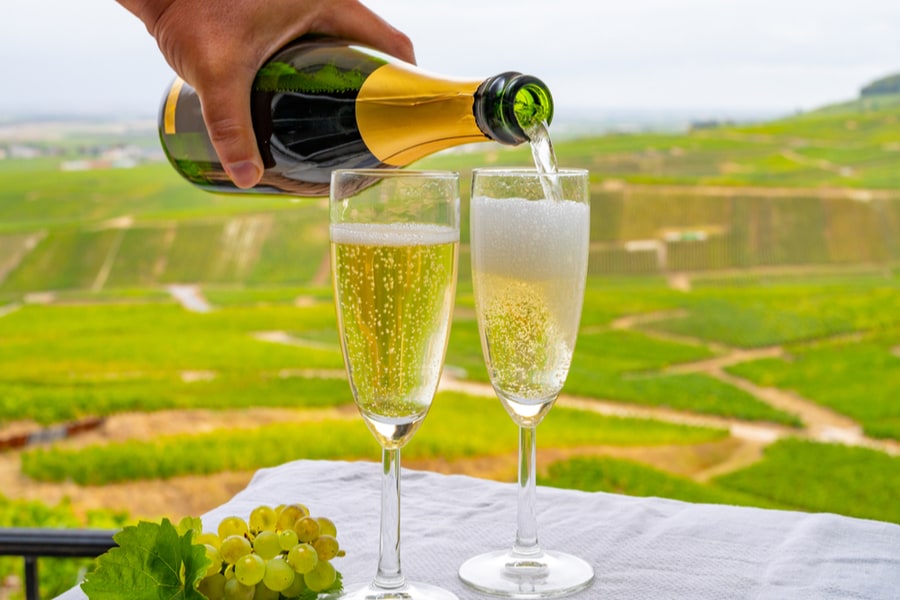
Battle of the bubbly: French champagne makers incensed by Russia law
Champagne makers often have the prestigious name usurped by rival producers, but Vladimir Putin has upped the ante by signing a law reserving the appellation for Russian sparkling wine that has prompted a call for a bubbly blockade
 Image: Shutterstock
Image: Shutterstock
French champagne producers are fiercely jealous of the AOC—or Appellation of Controlled Origin—that is supposed to give them exclusive use of the word in countries that adhere to the Lisbon Agreement on distinctive geographical indications.
But Russia is not a signatory, and President Vladimir Putin signed a law last week that will forbid the use of the Russian translation of champagne—"Shampanskoye"—on imported bottles.
French producers can still use the word in French, but will also have to write "sparkling wine" in Cyrillic on the back of bottles—a heresy for brands that say nothing on Earth can match their pizzazz.
"Denying the Champenois the right to use the name 'champagne' in Cyrillic is scandalous: it is our common heritage and the apple of our eye," Maxime Toubart and Jean-Marie Barillere, co-presidents of France's Champagne Committee, said in a statement.
Foreign Minister Jean-Yves Le Drian jumped into the fray as well, telling the national parliament Tuesday that if necessary, France would take the issue to the World Trade Organisation (WTO).






